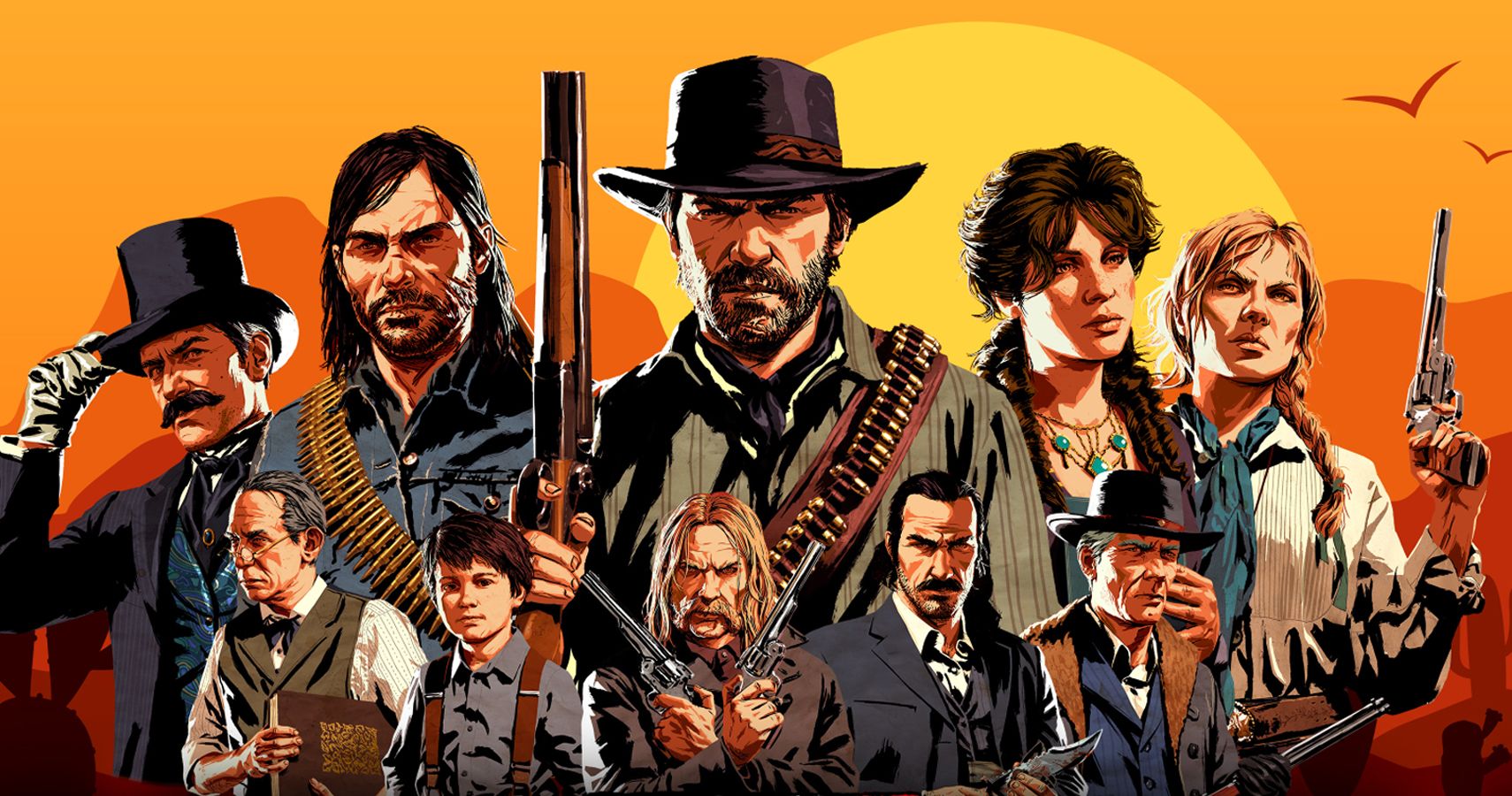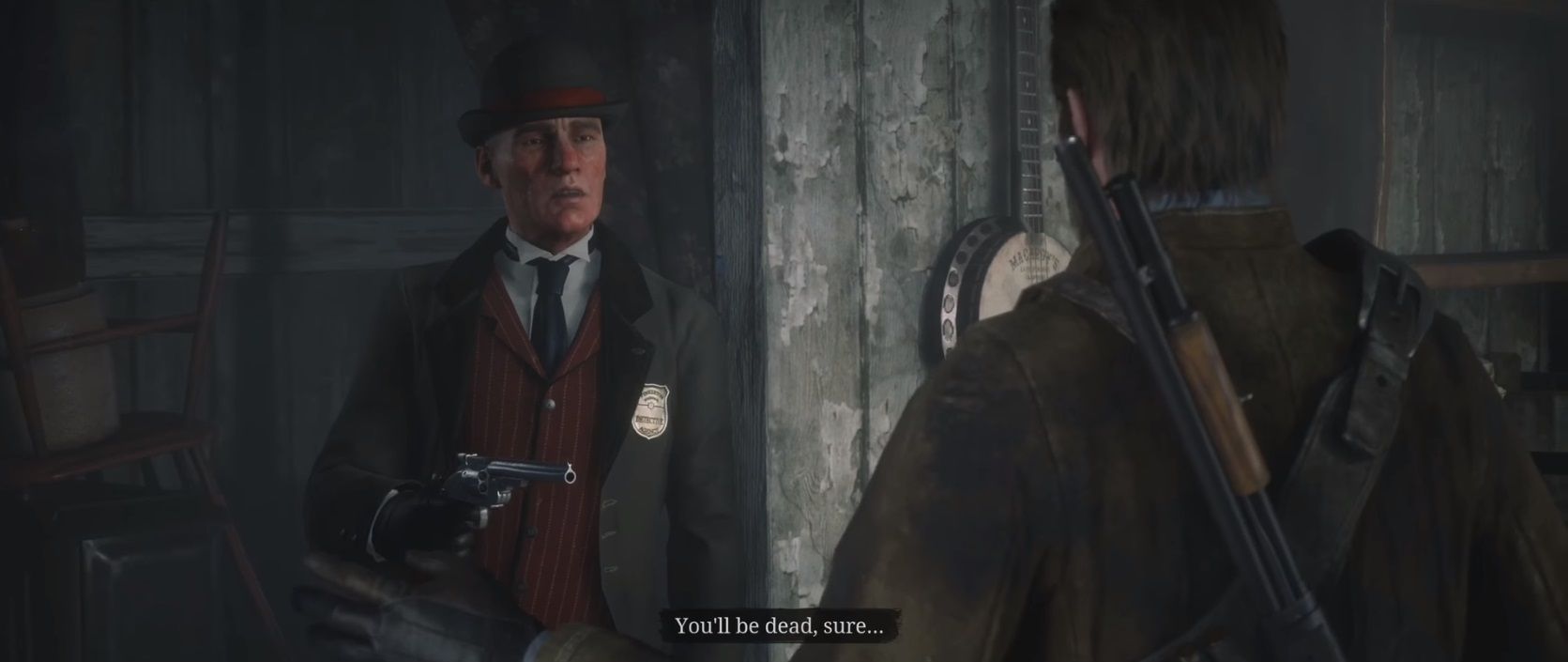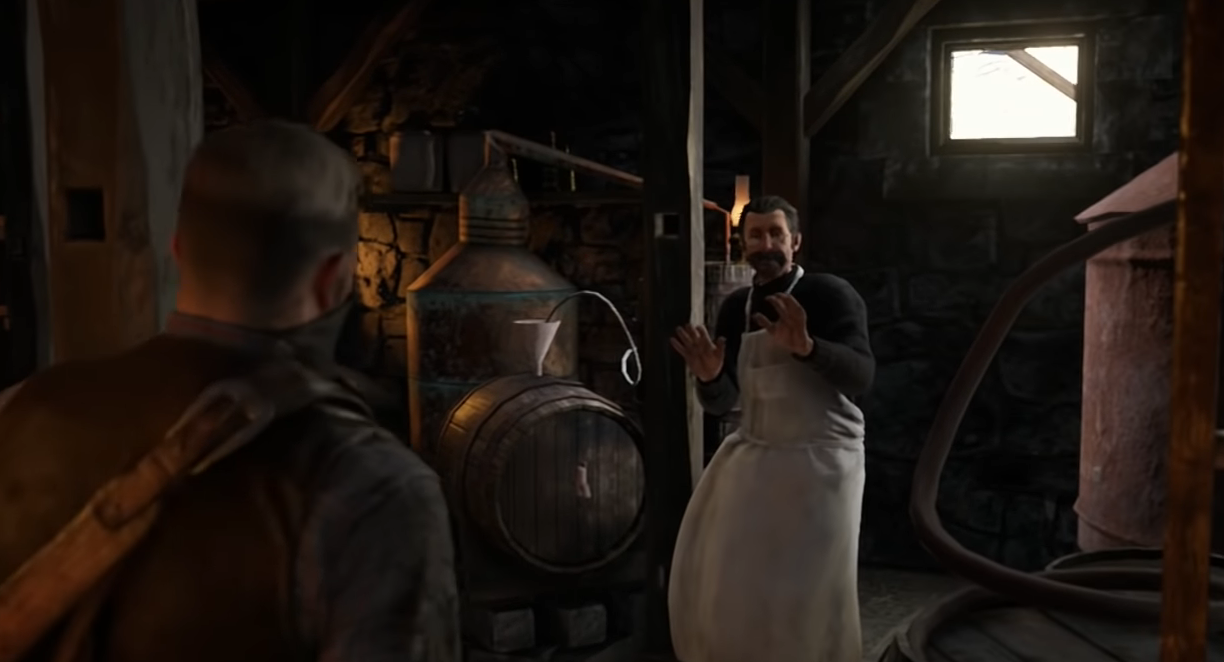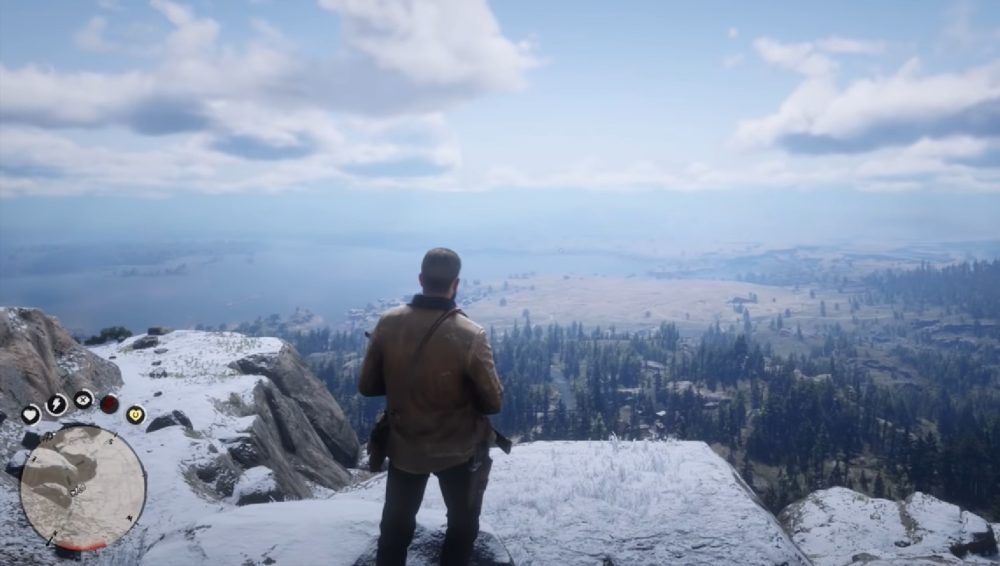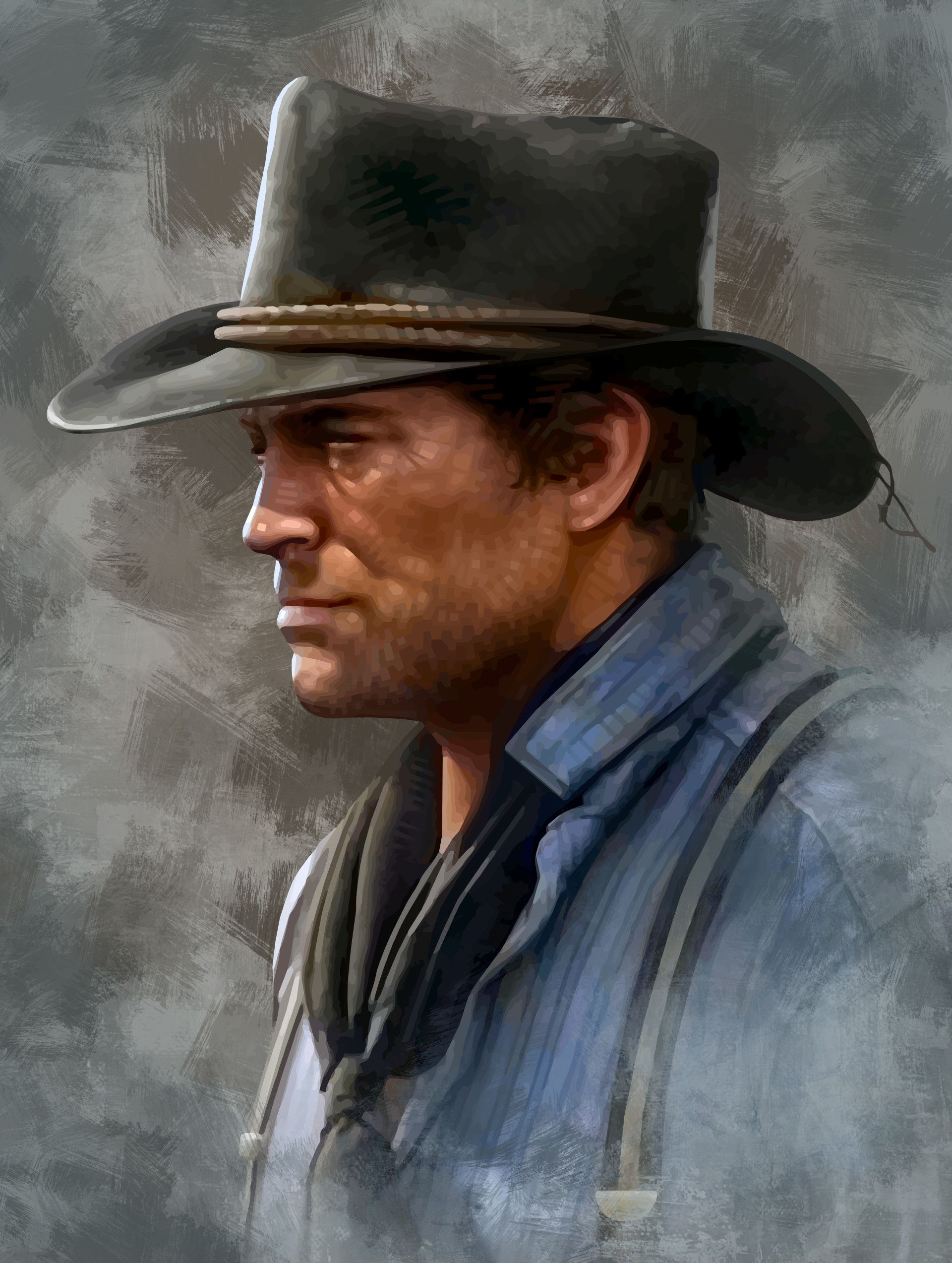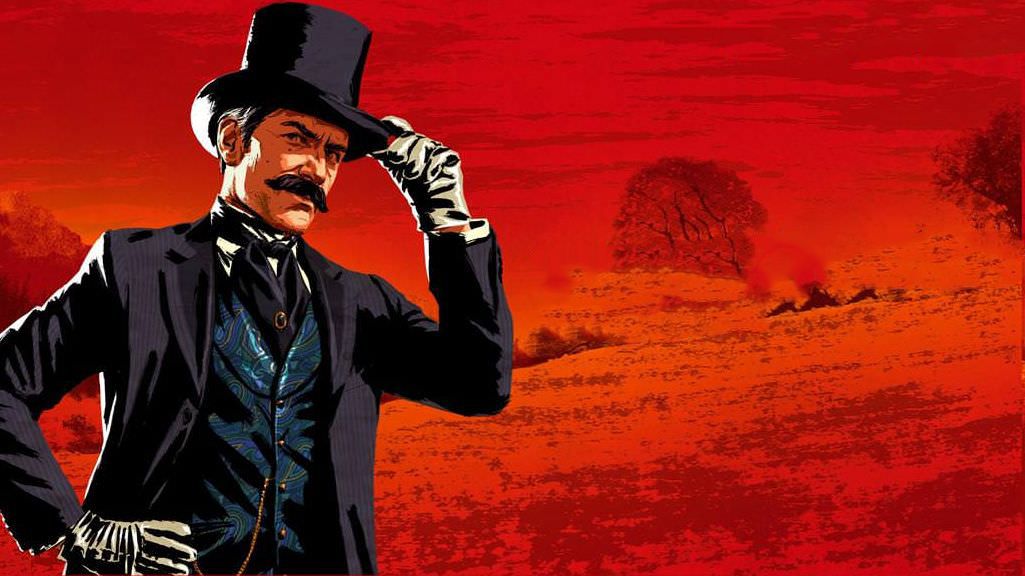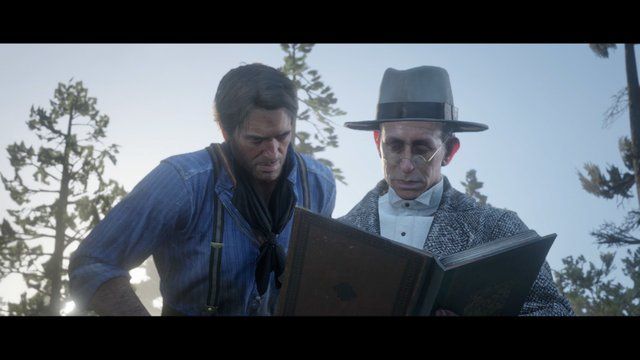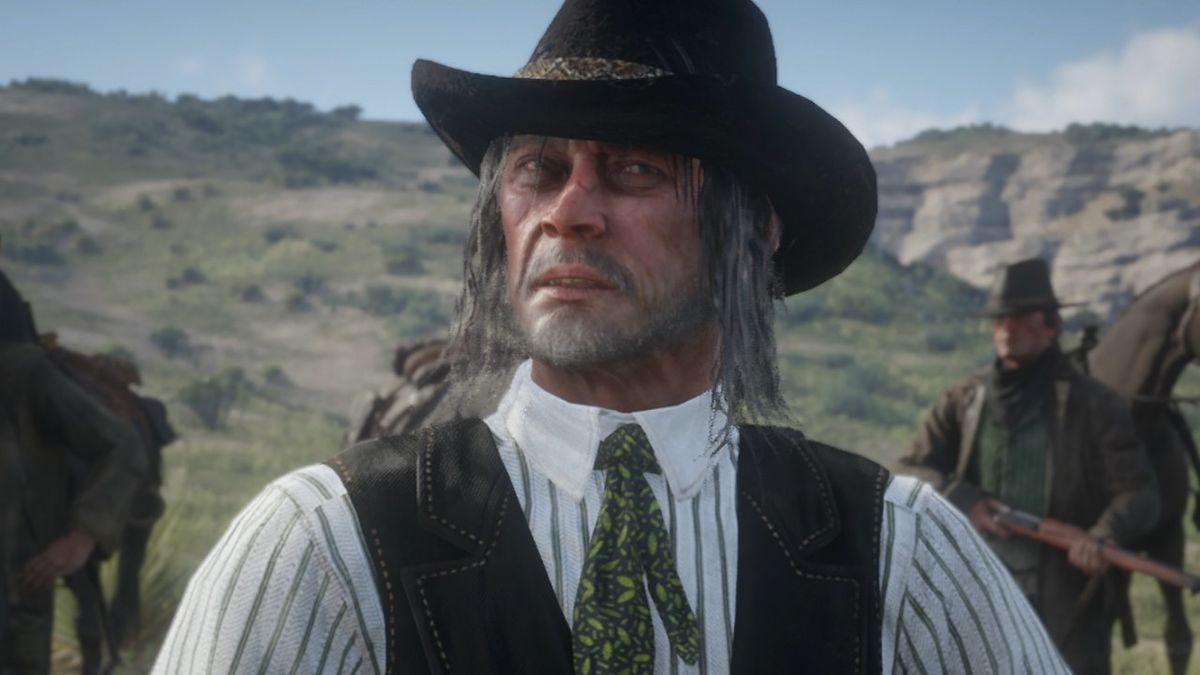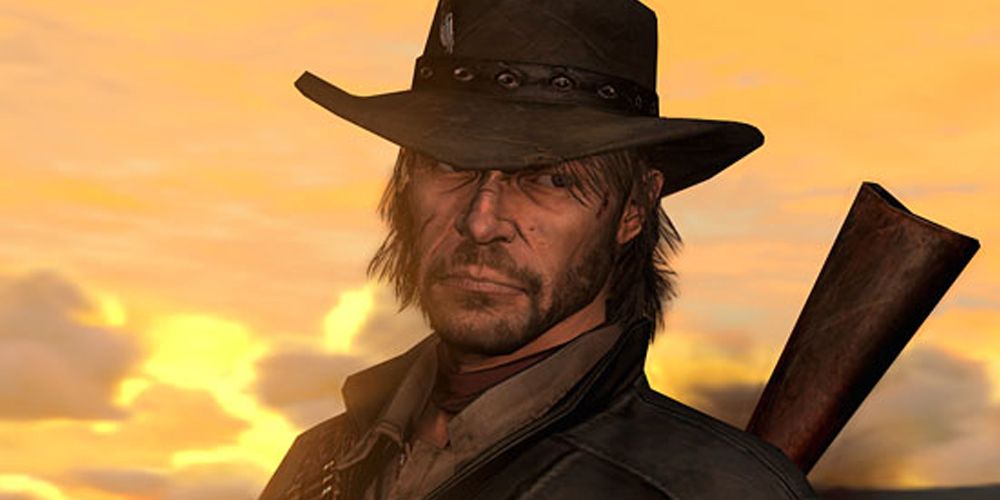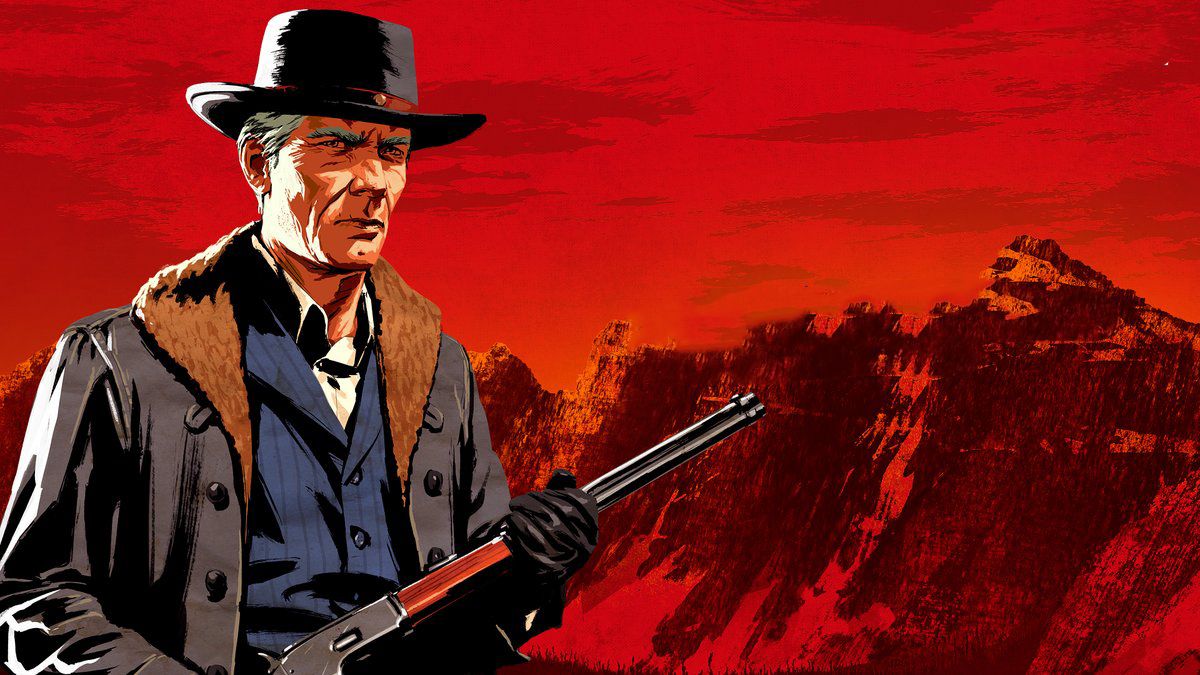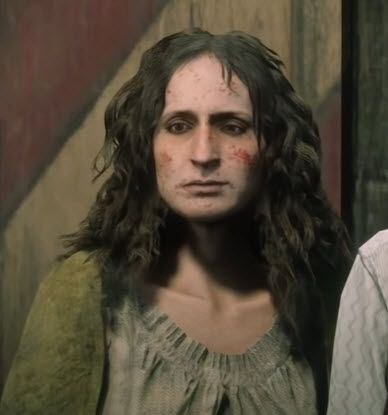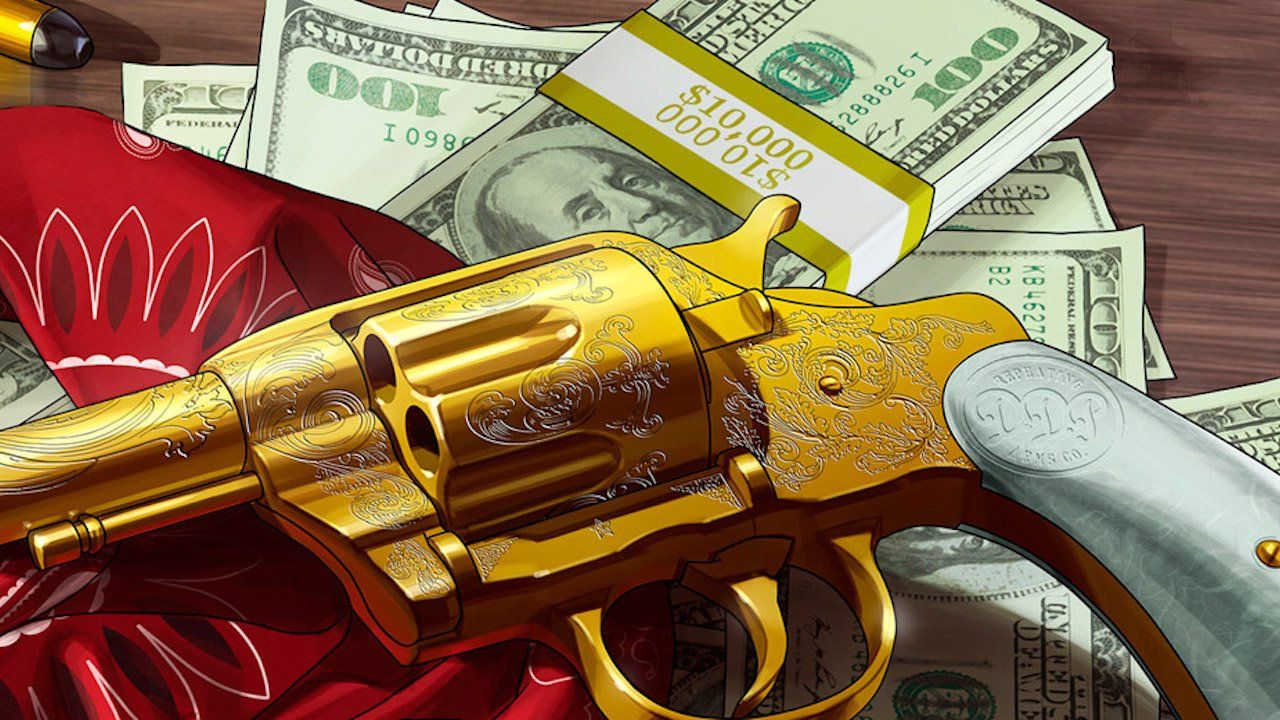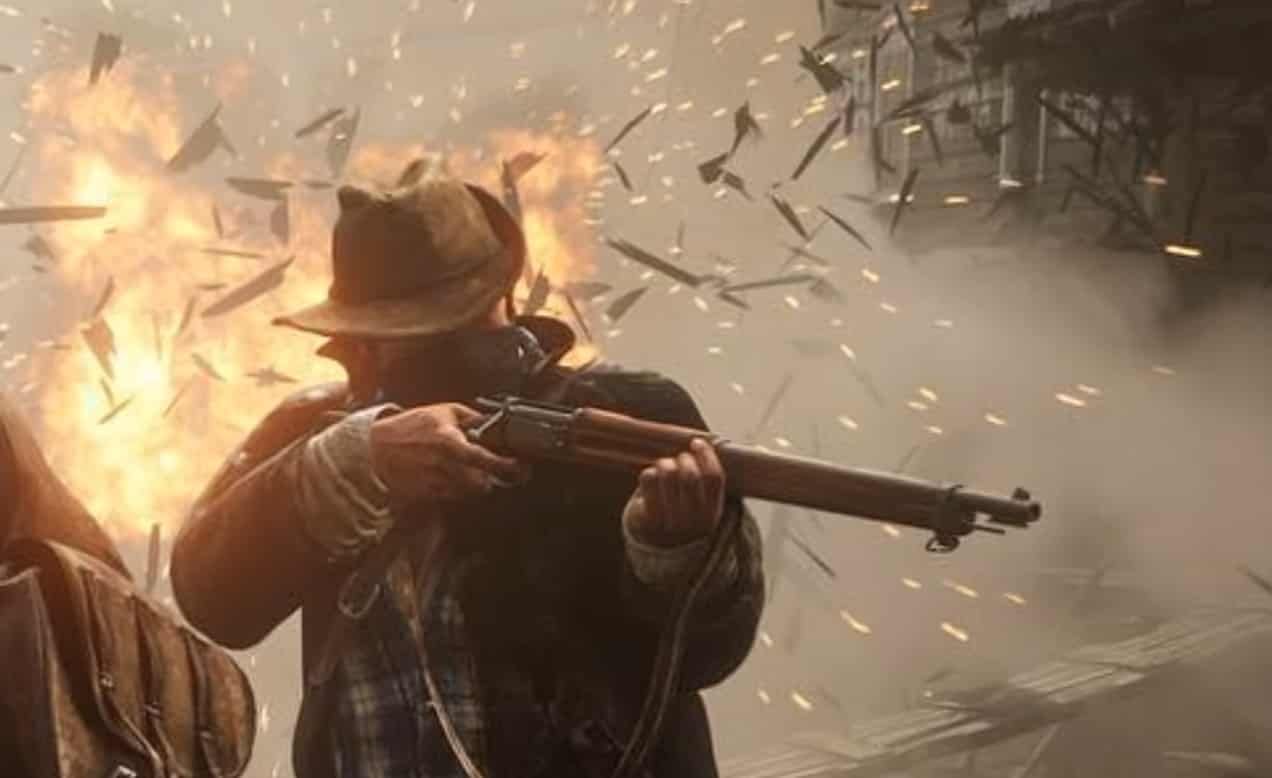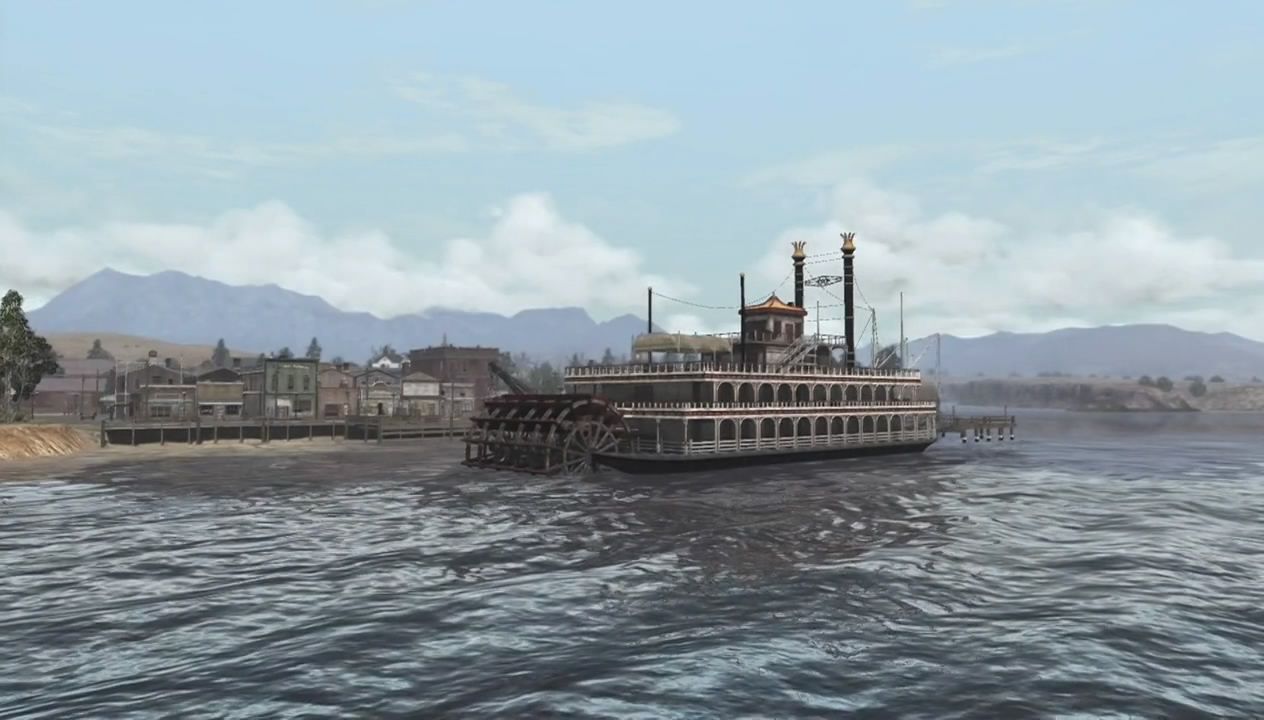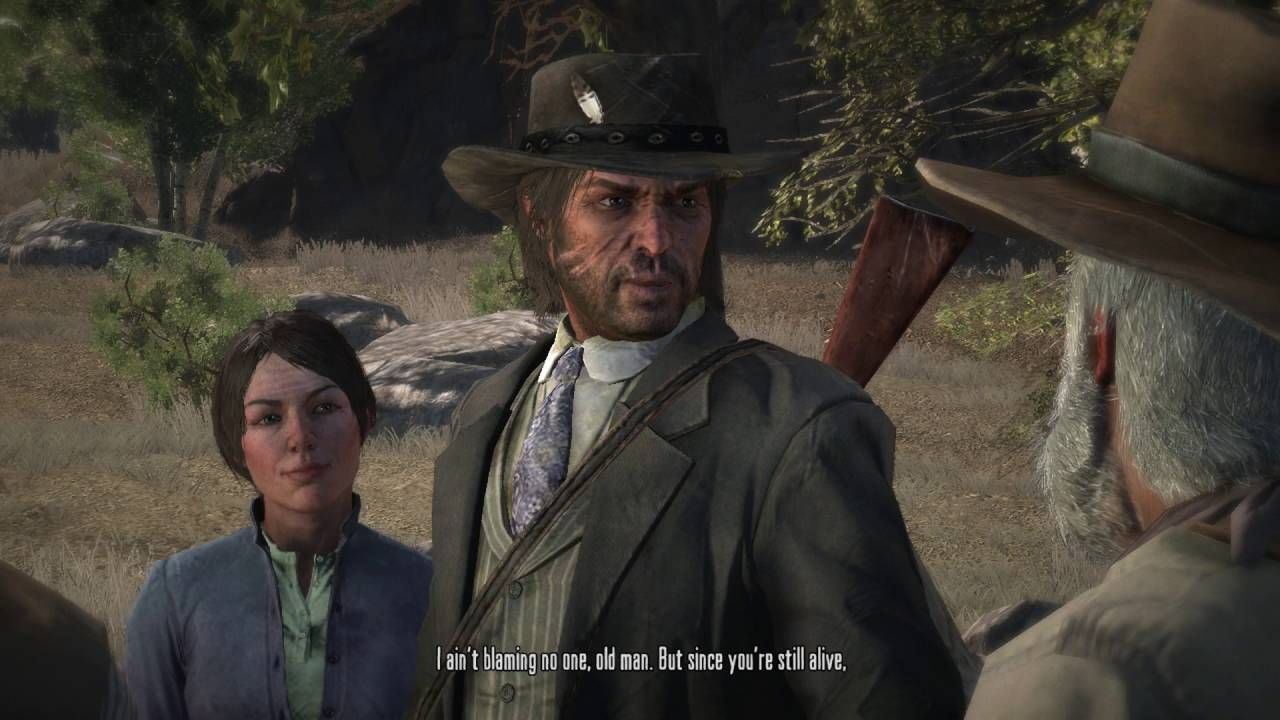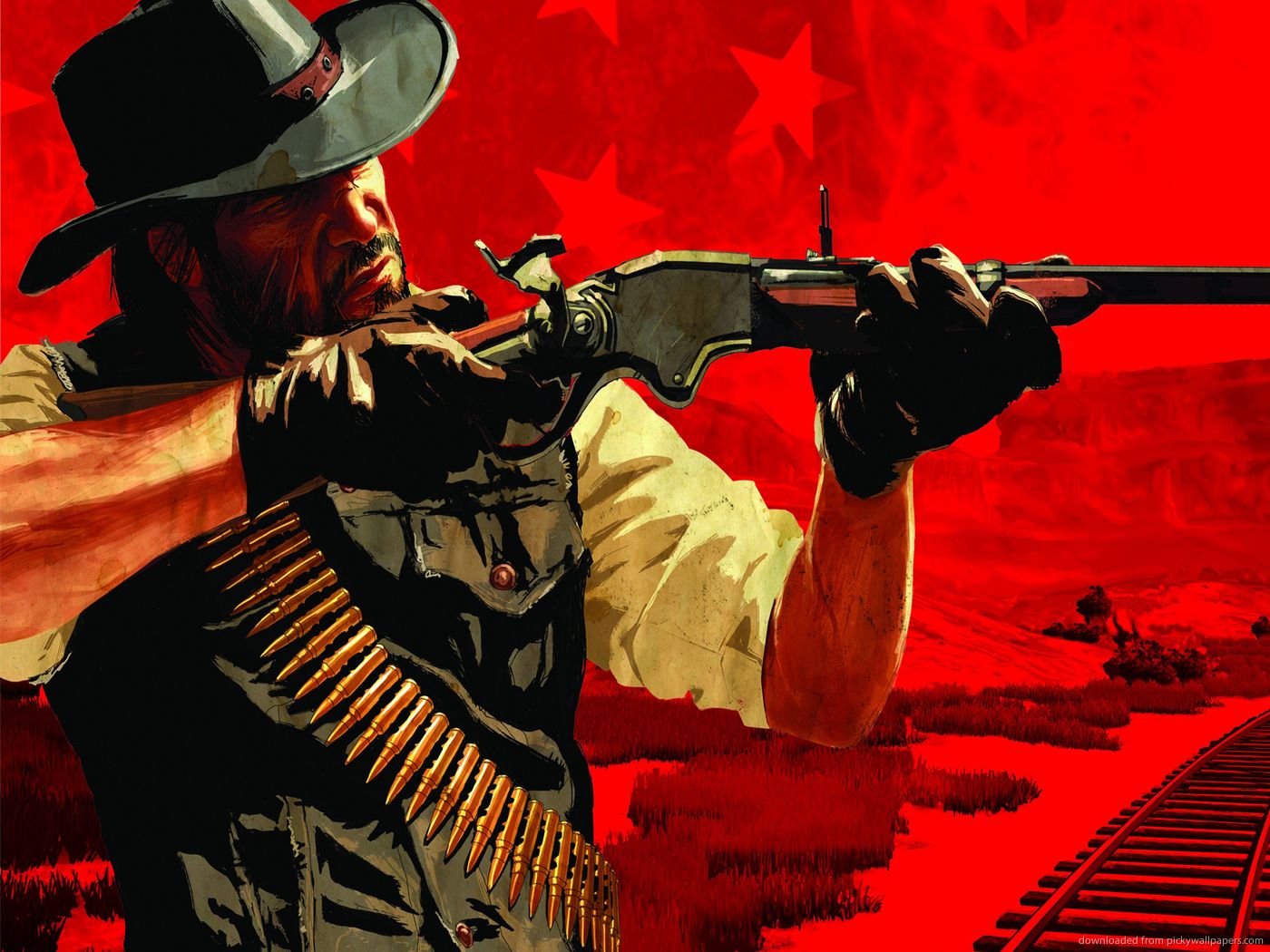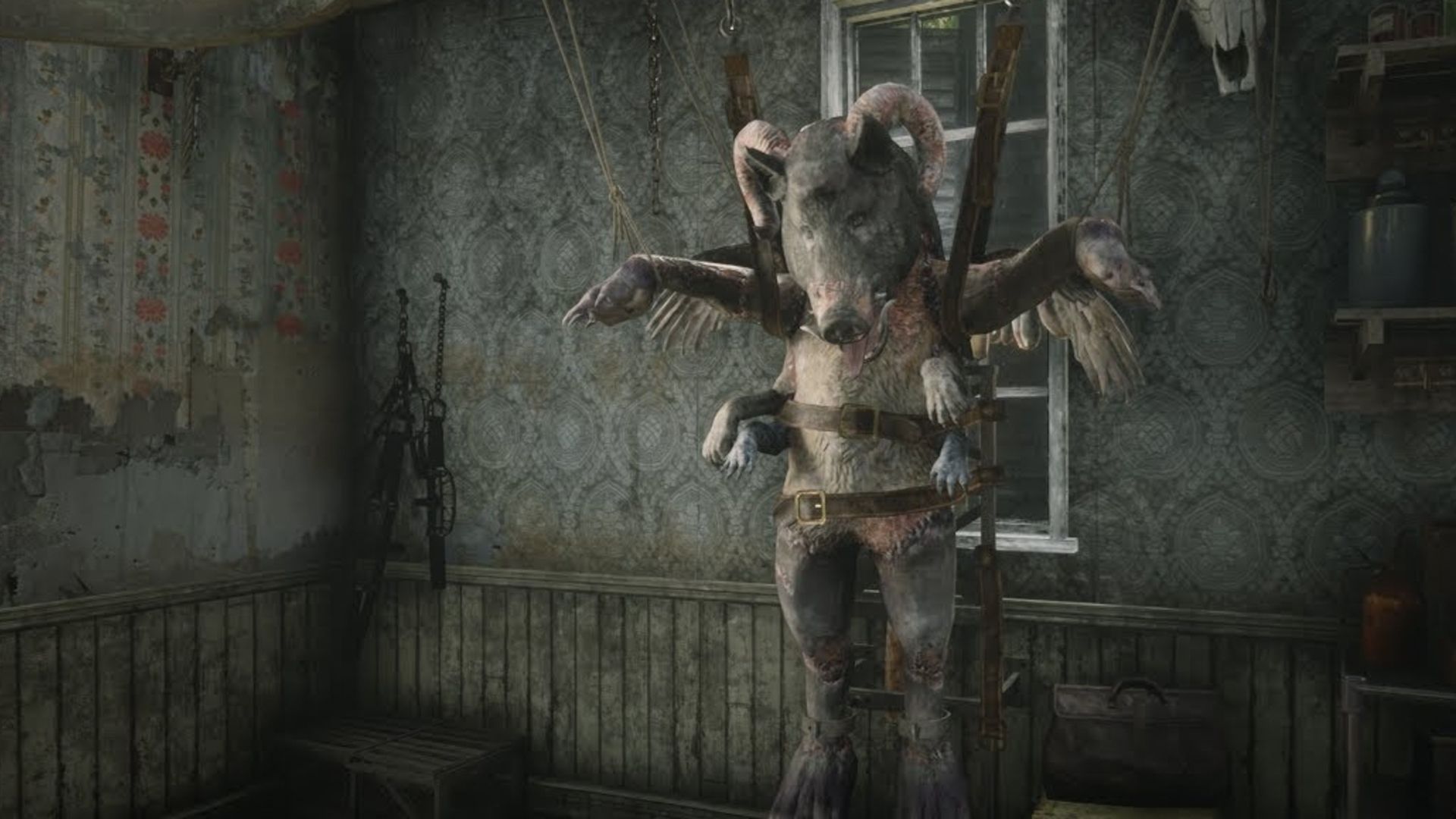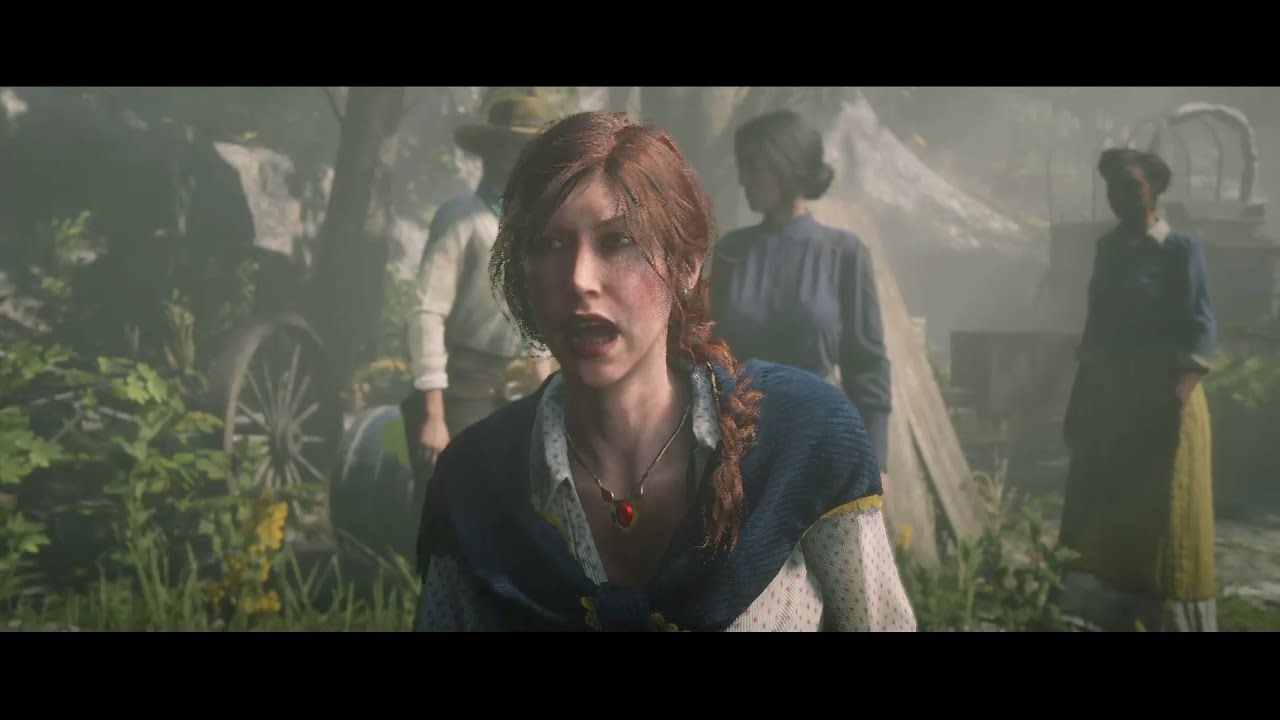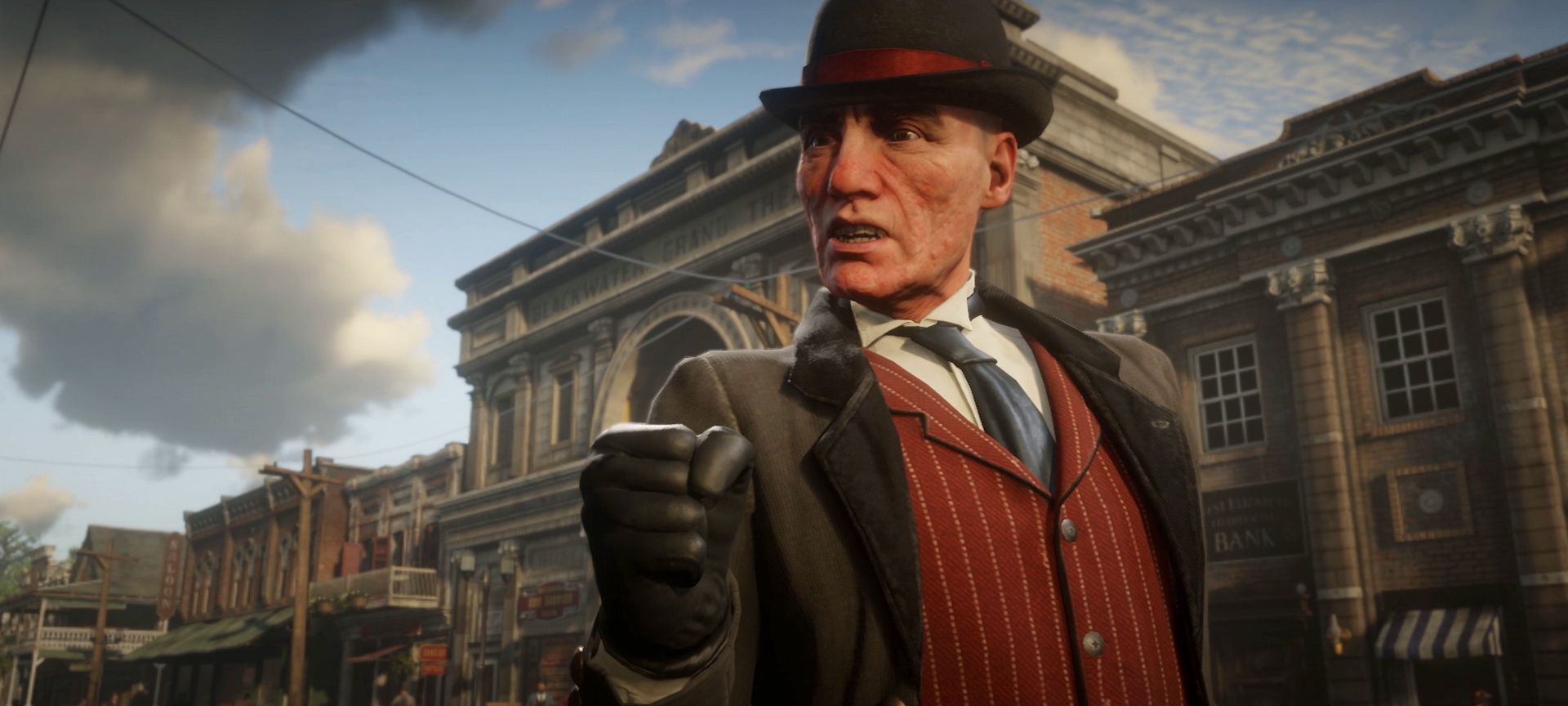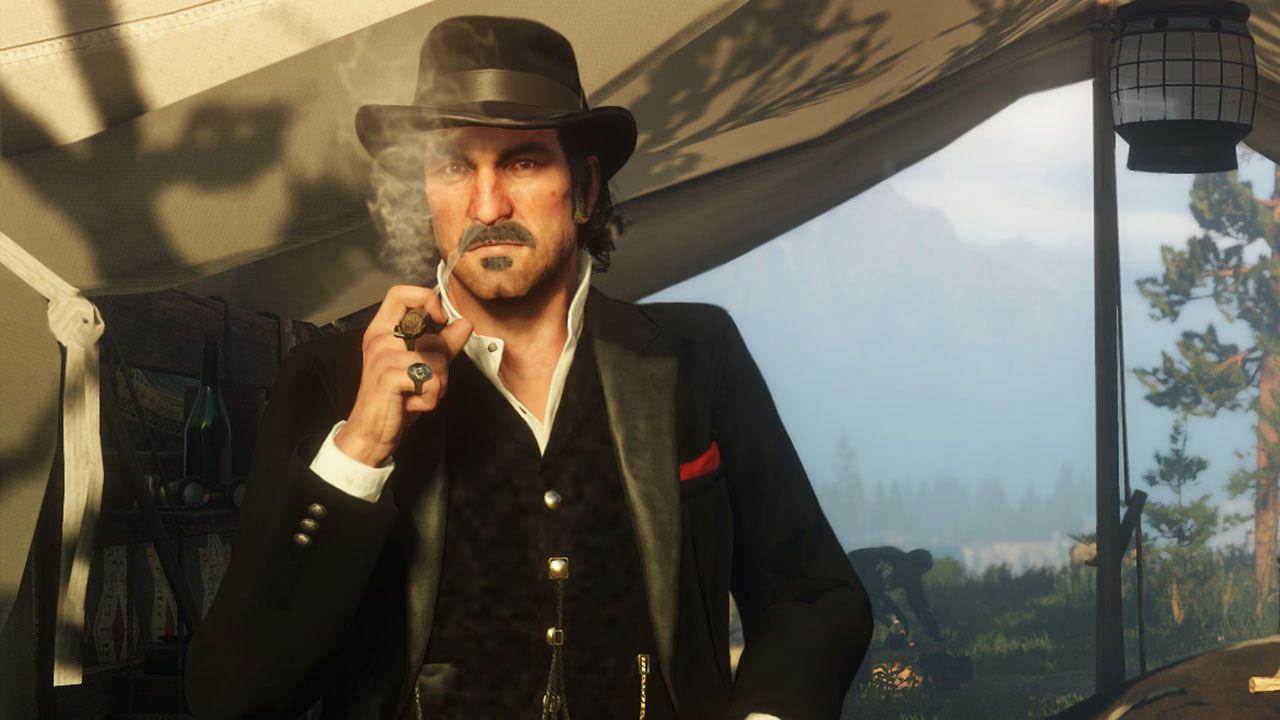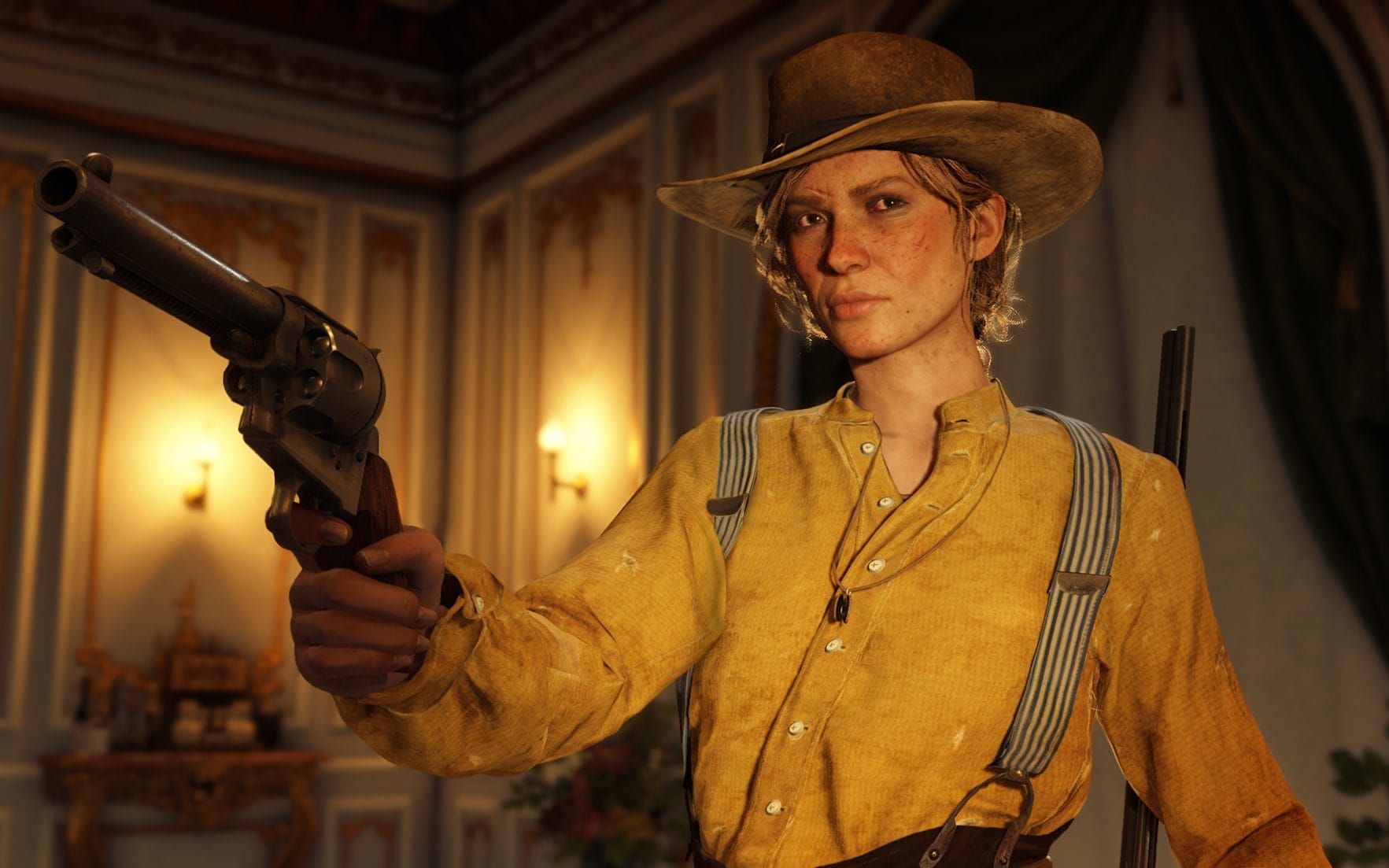It’s hard to pinpoint just what exactly is a plot hole. Some deem it a narrative inconsistency, others consider plot holes to be anything the story cannot realistically justify. While the latter is certainly the most true to definition explanation, does that mean that character inconsistencies and continuity errors aren’t plot holes? After all, they’re creating holes in a story where there otherwise would be none. Regardless of what your definition of a plot hole ultimately is, you have to admit that inconsistencies are bound to turn up in any story regardless of quality. Doubly so for particularly long stories.
Red Dead Redemption II is an incredibly long game. Spanning six chapters and two epilogues, Arthur Morgan’s journey will take players upwards to 60 hours to complete in full- and that’s if you rush by the end. While a fantastic narrative about the last days of the Wild West, it is not a story without fault. Underneath the game’s genuinely gripping story is a plot filled with holes that detract from its inherent quality. Character motivations often don’t make sense, events are sometimes poorly explained, and scenarios will occasionally even contradict the first game. Red Dead Redemption II is a fantastic game, but it isn’t immune from having plot holes.
Be warned: Spoilers Ahead!
25 Milton Doesn’t Follow Arthur Back To Camp
In Chapter 2, Arthur takes Jack on an impromptu fishing trip. As John hasn’t been the best father prior to the events of the prequel, it’s up to the other men of the camp to serve as a good role model for Jack. Only Arthur is able to fill that role, however, so Abigail requests he spend time with the boy.
The game could have ended two chapters in if Milton were competent at his job.
While they’re together, Andrew Milton and Edgar Ross stumble upon the two with the former immediately recognizing Arthur. Milton goads Arthur into ratting out Dutch with Arthur naturally refuses. From there, Arthur takes a roundabout way to camp, but he doesn’t ride so hard or fast where Milton wouldn’t be able to follow and find Dutch immediately.
24 The Strawberry Mission Where You Eliminate The Whole Town
The Red Dead series has never been grounded in reality. From as early as Red Dead Revolver, Red Harlow’s adventures were basically a glorified cartoon. The game was even going to feature supernatural elements at one point. Come Redemption, the tone has gotten more serious, but John Marston is still an interpretation of the legendary gunslinger trope.
That said, there was a realism to his story. He met a real fate and his exploits were never outlandish. When you get to the prequel and see Arthur and Micah gunning down an entire town without any repercussions, though… it’s hard to take seriously. The series always had its own rules and the Strawberry missions very much contradicts all common sense.
23 Weather Doesn’t Matter
Consistency is important in any medium, but doubly so for video games. If the gameplay does not infer the narrative or vise versa, what’s the point of making a video game in the first place? Create a world that can only exist in this medium or don’t create them at all. Naturally, this means everything mechanic should count.
Realism only matters when it comes to horse anatomy.
Which, unfortunately, weather doesn’t. Despite building up how much weather will affect the game, Arthur is basically left to his own devices as he can run up the snowiest peaks wearing as little as possible with only the most minor of penalties. If the story stresses the dangers of weather, the gameplay not reflecting that is a plot hole.
22 Arthur Would Never Get The Low Honor Ending
It may seem counterintuitive, but player freedom is not always a good thing. It truly depends on the game. In a story based title like Red Dead Redemption II, it genuinely does no good to have an Arthur who can be bad while his arc is clearly pushing for him to be better. Not only does it create a dissonance between story and gameplay, it creates a plot hole.
Narratively, there is simply no realistic way that Arthur would have had low honor at the end of the game. He is actively giving away money, atoning for his sins, and trying to help those around him find a better life. Those are not the actions of a man with no honor. If you play low honor, you’re sadly not getting the intended story.
21 Trelawny’s Role In The Gang
Rather early on into the gang, Arthur mentions that Trelawny is allowed to weave in and out of Dutch’s gang as he pleases simply because of the quality of information he gives out. At the time, this seems like a fine enough explanation, but thinking about it does nothing but unravel how stupid a decision this was on Dutch’s part.
Trelawny can sell the gang out at any point, a fact that Arthur even reflects on. While the game desperately tries to brush this aside, it simply does not make logical sense that Dutch wouldn’t keep eyes on Trelawny at all times. He is the only member of the gang who does not rely on Dutch to survive but actively knows his plans and whereabouts.
20 Arthur Will Attack Thomas Downes Even If You Don’t
On the subject of player freedom, Chapter 2 will feature an instance in Money Lending and Other Sins where Arthur Morgan confronts Thomas Downes, the man who ultimately infects him with TB. Naturally, most players will beat up poor Thomas without really thinking considering the context of the mission.
Player freedom is never not an illusion.
Interestingly, the mission actually gives you a choice. You can simply threaten Thomas if you want. Despite this, the immediate cutscenes shows a bloody and bruised Thomas as if Arthur did beat him up. Player freedom resulted in a cutscenes that will be totally inaccurate for more passive players.
19 Arthur Falls For Colm’s Trap
Chapter 3 is when things start to really turn sour for Dutch’s gang. Following mess after mess, it seems as though the group is at their lowest point. Suddenly, Colm O’Driscoll asks for a truce and with no real ground to say otherwise, Dutch agrees to meet in order to come to some kind of agreement.
Naturally, Arthur is put on lookout and is immediately caught in a trap. Considering their history with the O’Driscolls, though, Arthur and Dutch should never have been caught in such a juvenile trap. Arthur should have known to keep someone spotting him as he spots Dutch, but this detail was somehow overlooked by two of the gang’s brightest members.
18 Arthur Never Reflects On John Leaving The Gang
Incredibly early into the gang, Arthur reveals that John had left the gang for an entire year prior to the start of Chapter 1. This abandonment clearly created some wedge between Arthur and John with the two butting heads early on. Oddly, though, Arthur more or less gets over it by Chapter 2 as he never actually reflects on it.
So much for a nuanced dynamic between Arthur and John.
For as much a stink Arthur makes about John leaving, he never truly sits down to confront these feelings of abandonment. This is made all the more perplexing when Arthur helps John leave the gang at the end of the game. Narratively, it’s a nice bit of parallelism, but it certainly hurts that Arthur never makes note of it on an internal level.
17 Hosea Doesn’t Put A Stop To Micah’s Meddling
If Arthur is the muscle and Dutch is the mouthpiece, then Hosea is the mind of Dutch’s gang. He’s the one who investigates each town, meets the locals, and crafts schemes to keep the gang afloat. In many ways, he’s a common swindler, using his intellect to help the people around him get ahead.
The smartest man in the gang does nothing to prevent its downfall.
For as blatantly smart as Hosea is, though, he didn’t think twice about stopping Miach from meddling with Dutch. All game, even before Chapter 4, Micah is slowly weaseling his way into Dutch’s inner circle. It’s plain as day and everyone can see, but Hosea inexplicably never chooses to address this despite Dutch’s deteriorating mind.
16 Arthur Can Do Edith’s Missions Out Of Order
Either due to a glitch or an oversight, it’s possible to do Edith Downes’ missions in Chapter 6 out of order. Depending on how players proceed, they’ll be helping Edith Downes leave Annesburg only to find her in Annesburg with Arthur having never helped her at all. It’s a totally nonsensical turn of events that should have been examined closely.
Don't you miss when games were consistent?
Ultimately, this is a problem of modern game design. Before the seventh generation, games needed to be playtested extensively due to how problematic it was to fix a glitch. Buggy game? You need to ship out a whole new batch of games. Now you can overlook potential bugs thanks to patches resulting in an entire plotline being done out of order.
15 Going Back For The Money Is A Plot Hole
We’re going to harp on player freedom for just a bit longer because this one truly tops the cake as the single worst thing Arthur can do in the game that we would never, EVER do. During the final mission of Chapter 6, Arthur will have the choice between helping John Marston escape and going back for Dutch’s money.
Just contextually, which choice do you think Arthur would make? Would he help John, a character who he has spent all game helping, escape and find a better life? Or would he go back to find money that he never once, in the entire game, made explicit mention of desiring? Either way, Rockstar gives you the choice.
14 The Bandanna Doesn’t Hide Your Identity
The bandanna is supposed to be Arthur’s way of hiding his identity when things turn sour. He’ll often have to wear it during the game’s many missions and equipping it helps hide your face from NPCs. For whatever reason, however, putting on the bandanna will often still result in citizens knowing exactly who you are.
Arthur Morgan must just smell.
Some players have theorized that your clothing and horse give away Arthur regardless of bandanna, but this completely defeats the purpose of its existence. Keep in mind, if this is the case, why don’t the game’s many missions force Arthur to change his clothing or horse? Either way, it’s a plot hole.
13 The Ferry Incident Never Happens
The ferry incident was most famously the moment which caused John Marston to leave Dutch’s gang. Alluded to only in passing, fans over the years theorized what would have happened on the ferry to force Dutch to leave John and John to leave Dutch’s gang. Come RDR2, it seemed those questions would be answered.
Although we do get an explanation as to why John ultimately leaves Dutch’s gang, the ferry incident never occurs. It seems odd that Rockstar would fit in such a massive plot hole, but… this is a plot hole on the part of fans. At no point in the first game does John mention a ferry incident, this is a fallacy added into the Red Dead wiki with no basis in the actual game.
12 Dutch Knows About John’s Marriage
In the first game, Dutch goes on an incredibly charged rant where he berates John for marrying Abigail. Despite her being “everyone’s girl,” John fell in love with her and decided to take Abigail as a wife. Dutch’s monologue strongly implies that Dutch felt like he owned Abigail and John did him a disservice.
On top of being suave, Dutch is omnipotent.
Here’s the problem, though: John and Abigail weren’t legally married until the Epilogue. While they called each other husband and wife, they were not a recognized couple in the eyes of the law of Dutch’s gang. Dutch getting so worked up makes no sense since his monologue is now totally inaccurate.
11 1889 Or 1906? When Did John Leave The Gang?
Although John never reveals when exactly he left the gang in the first game, it is strongly implied that it was around 1906. Considering the state Dutch’s gang is in by 1911 and how inexperienced John seems as a rancher, the split must have been recent. At the very least, only a few years recent considering when Ross finds him.
Taking the prequel into consideration, though, John leaves Dutch’s gang at the turn of the century and putzes around for years before finally settling down as a farmer. Considering the timeline in the first game, this frankly makes little to no sense. John was safer moving around than he was settling down.
10 John Can Survive Being Attacked By A Legendary Grizzly
Not only can John survive a brutal encounter with one of the most dangerous animals in the game, the story actually demands he does so. During the Epilogue, John and Sadie will team up to hunt down some bounties together. During one of their last hunts, John will be attacked by a legendary grizzly bear.
The bear mauls John regardless of how well a player handles the button prompts, but John is able to come out of the encounter totally unscathed. He isn’t even hurt. John gets no extra scars and he stands up to walk another day. Considering how fragile other characters are, it seems totally illogical John survive such a brutal encounter.
9 Molly’s Rant Is Nonsensical
Near the end of the game, Molly will rush into Dutch’s camp in a drunken rage and reveal that she was the one who ratted Dutch out to the Pinkertons. This is meant to be a massive moment long overdue with Dutch’s neglect finally getting the better of him. Molly is shot and the gang is in shambles.
What a convenient "twist."
Until Milton reveals that Micah was the real rat all along. While a good twist, how much sense does it actually make? Why would Molly reveal this, just to spite Dutch? How would Molly know that someone definitely ratted on Dutch? How did Molly know where the new camp was? The logistics simply do not make any sense.
8 Edgar Ross Finds John Too Soon
At the end of the game’s credits, Edgar Ross and Agent Archer overlook Beecher’s Hope as John shows Jack a horse. The implication is that the Pinkertons have finally found John Marston and will be using this information in order to goad him into hunting down the rest of Dutch’s gang.
As fitting as a transition into the first game this is, keep in mind that the Epilogue takes place in 1907 and that John doesn’t start tracking Dutch’s gang until… 1911. This means that Edgar Ross sat on John Marston’s location for FOUR years before finally doing anything with it. It’s a nice little beat to end the game, but how realistic is it?
7 Dutch Sits Out The Final Mission
The reveal that Dutch was in Micah’s cabin all along is arguably the biggest moment in the plot. After hunting Micah up a mountain, John is now face to face with the men responsible for Arthur’s demise. It is an incredible twist that completely overpowers everything else in the mission.
Why bother defending yourself when you can get shot by a stray bullet?
So overpowering, in fact, you forget about how nonsensical that Dutch would sit the whole mission out. Despite being present the entire time, he does not bother to find safety while John is gunning down every single member of Micah’s gang. When Micah has John backed against a wall, Dutch simply stays hidden. It makes for a good twist, but not much else.
6 John Never Has To Go After The Other Gang Members
Playing through the first game, you get the impression that Dutch’s gang was made up of four major mainstays: Dutch van der Linde, the leader; Bill Williamson, the muscle; Javier Esquella, the revolutionary; and John Marston, the everyman. After all, these are the only members, save Abigail, that John mentions.
Come the prequel and Dutch’s gang is suddenly massive. At the end of the game, Pearson, Swanson, Trelawny, Tilly, Mary-Beth, Karen, Charles, and Sadie are all alive… yet John never needs to go after them. Rather, the government simply wants Bill, Javier, and Dutch despite wanting to see the complete dissolution of the gang to the point of shooting John and Uncle behind their backs.

